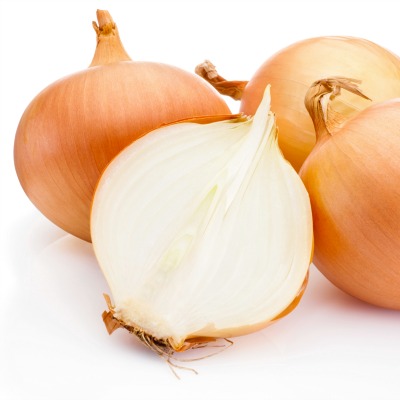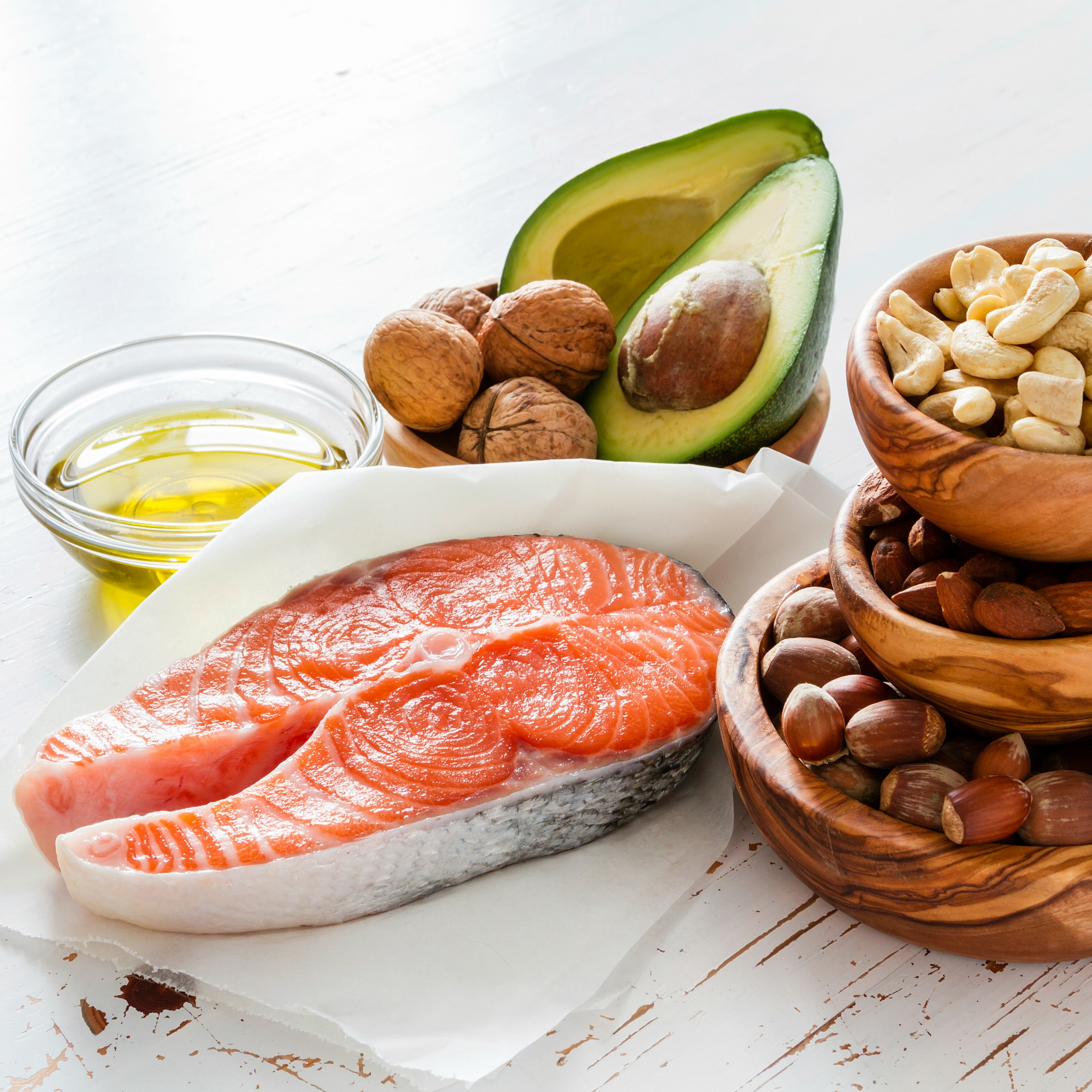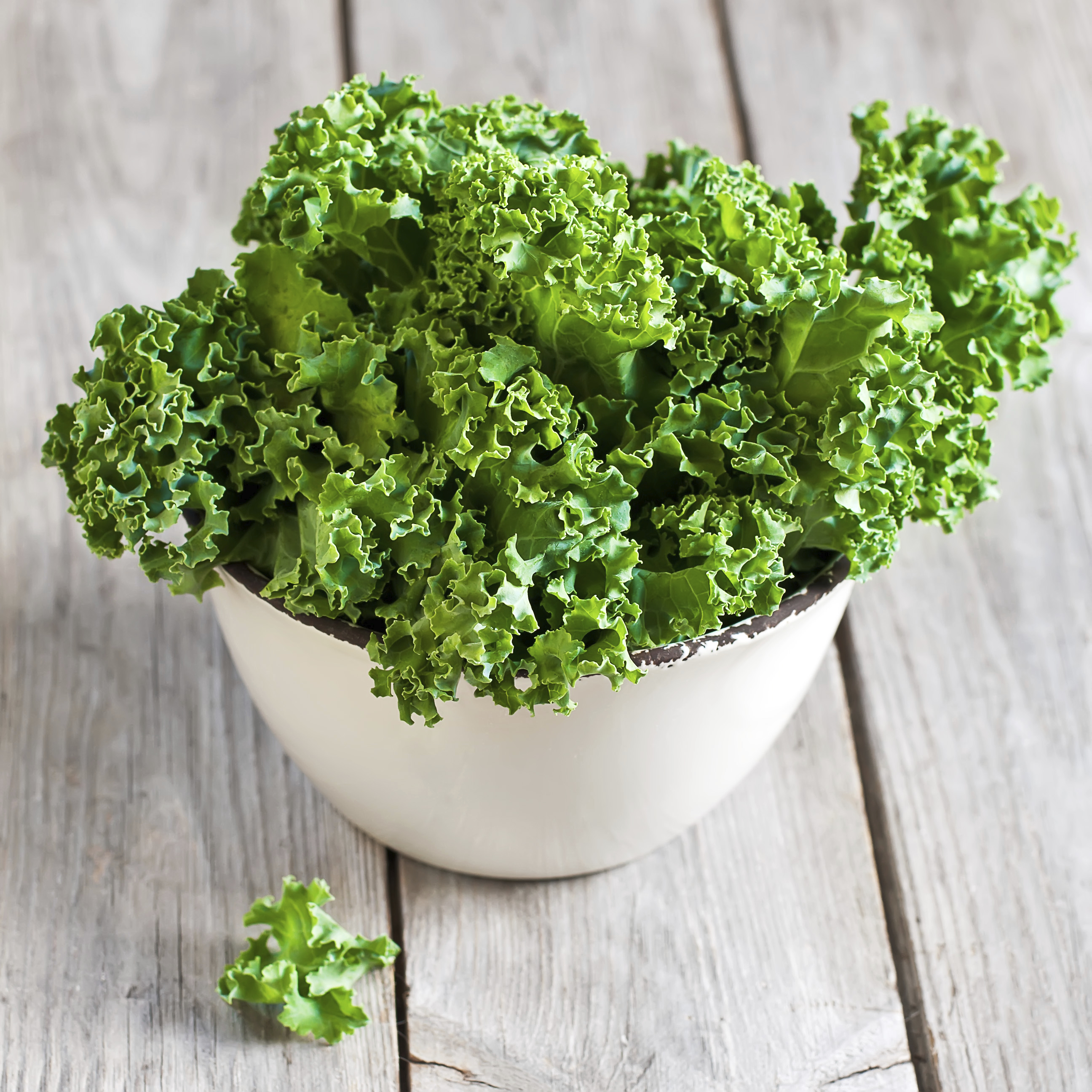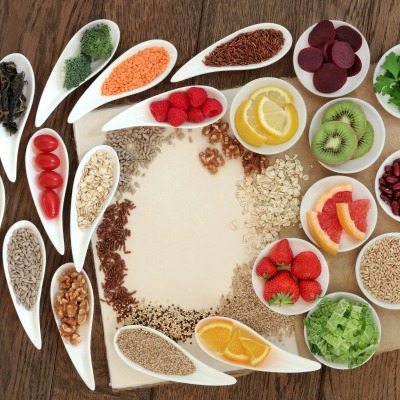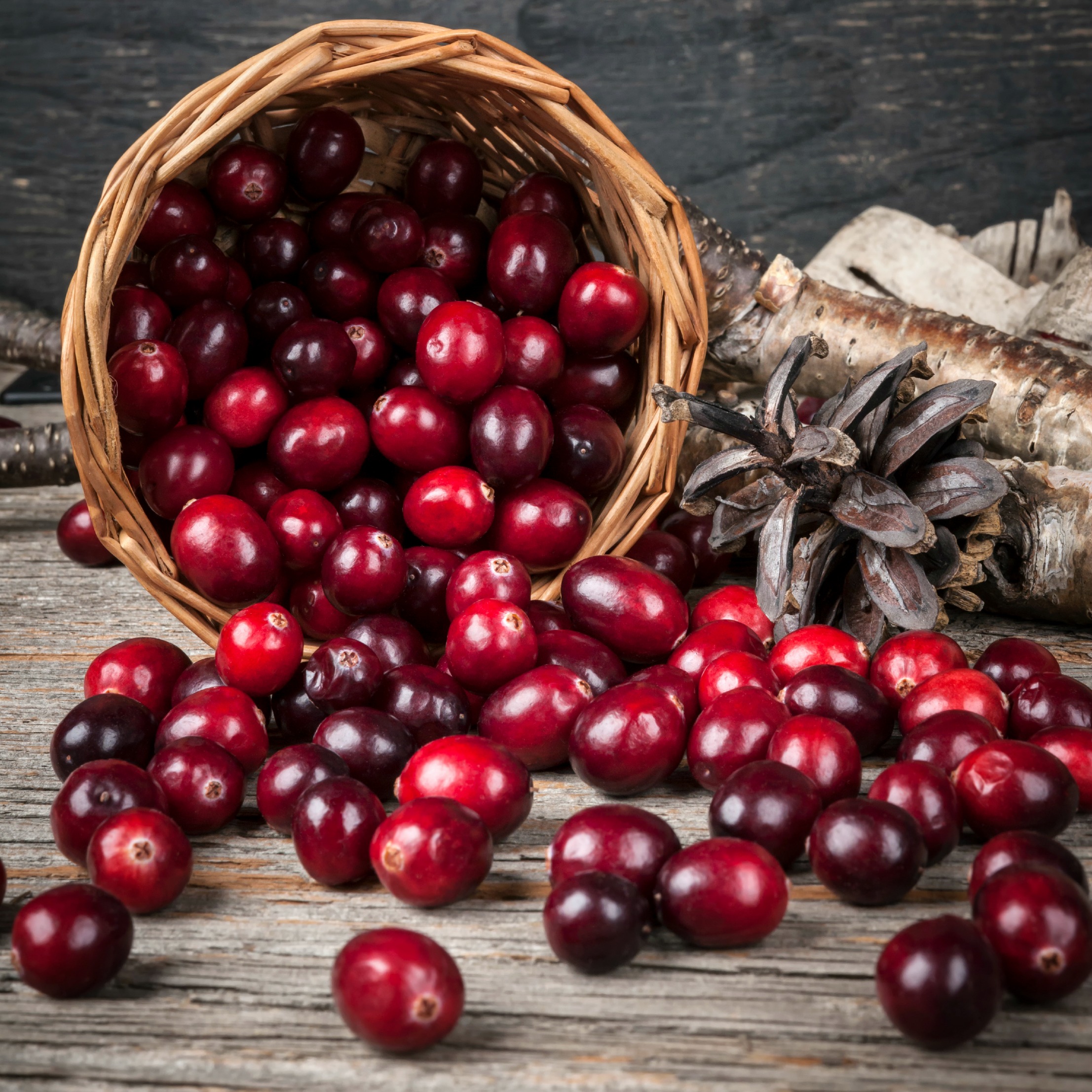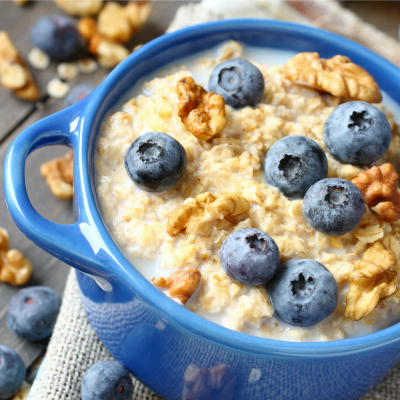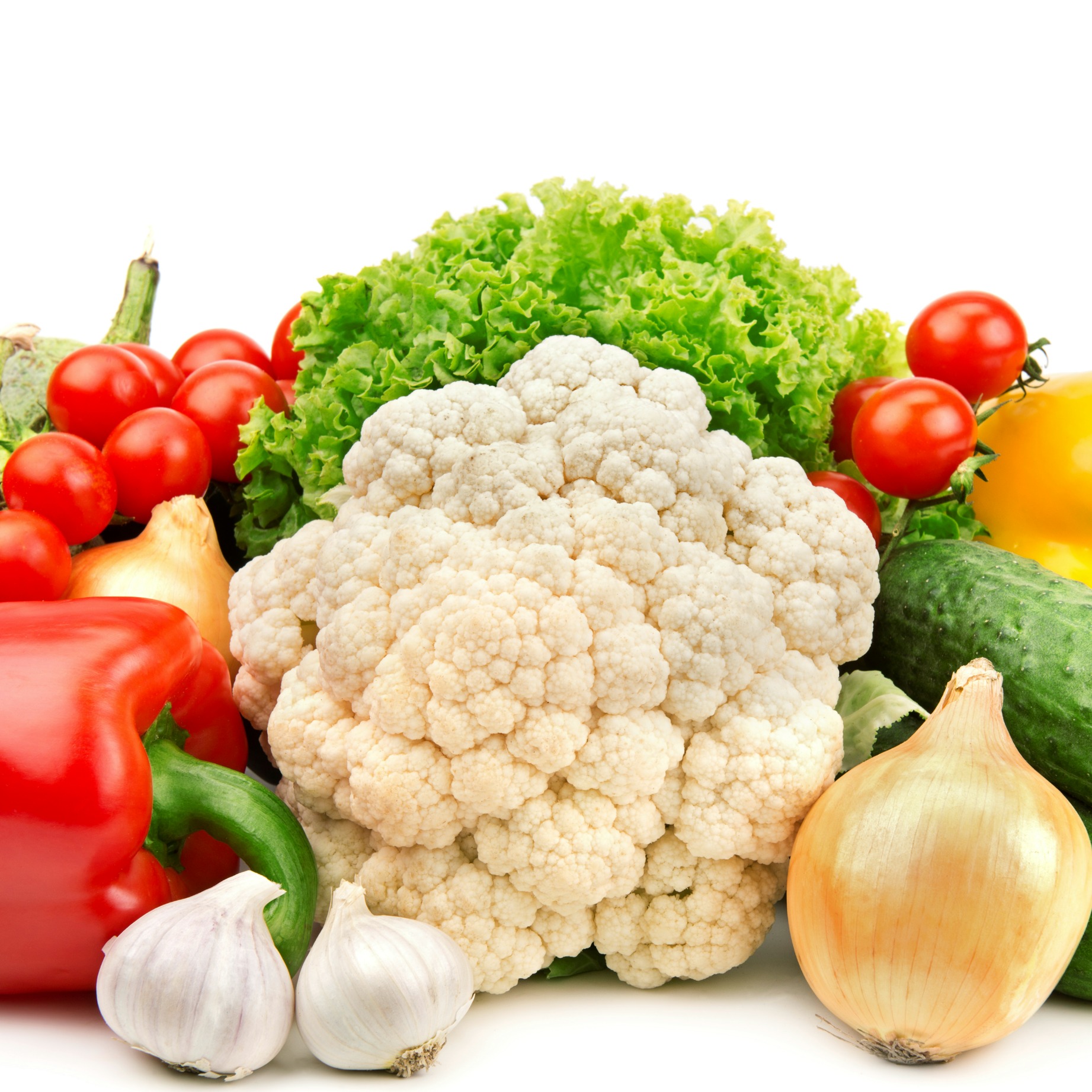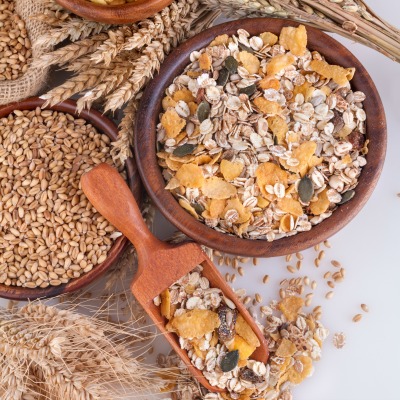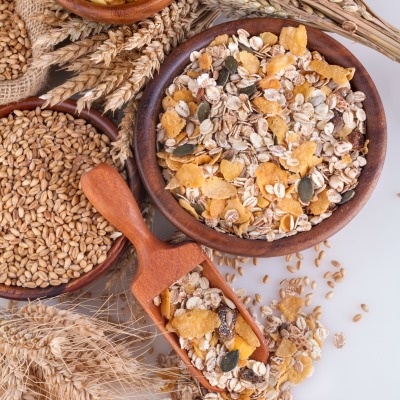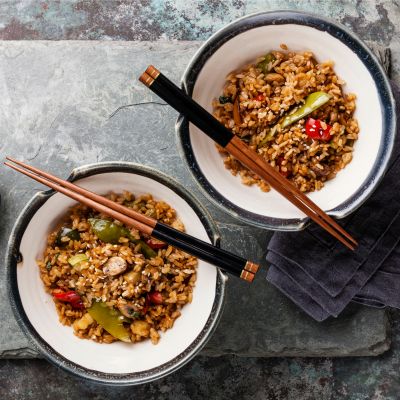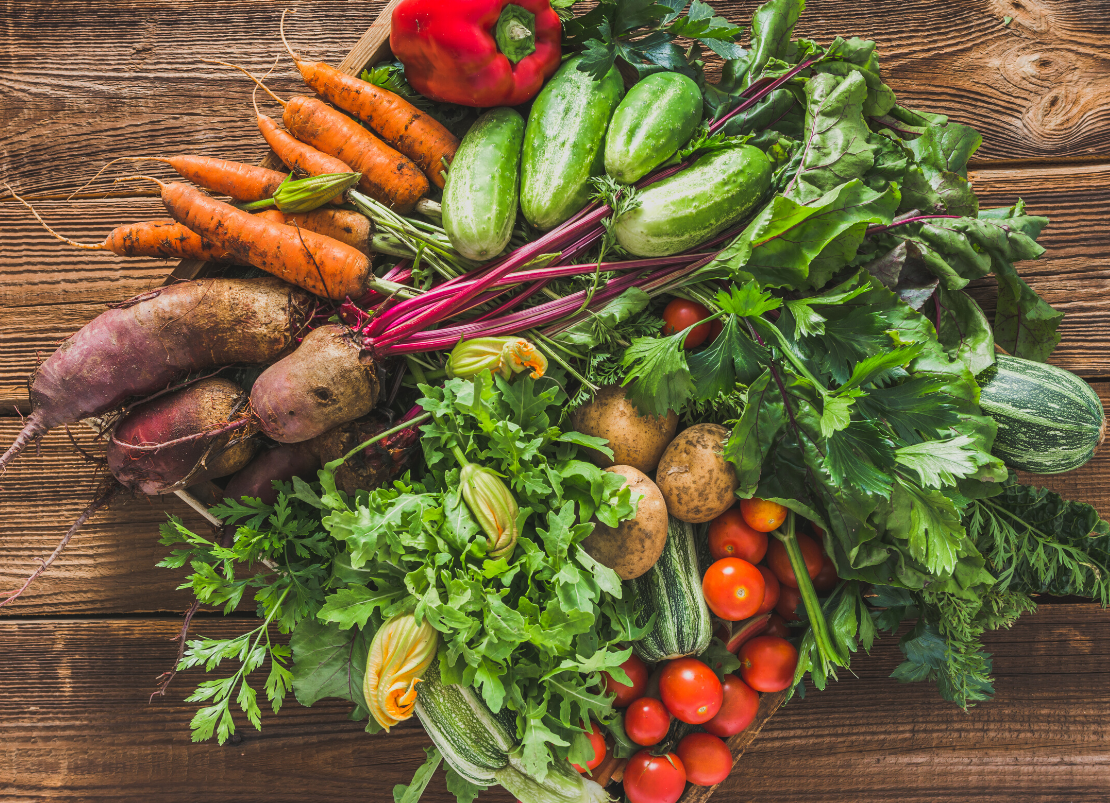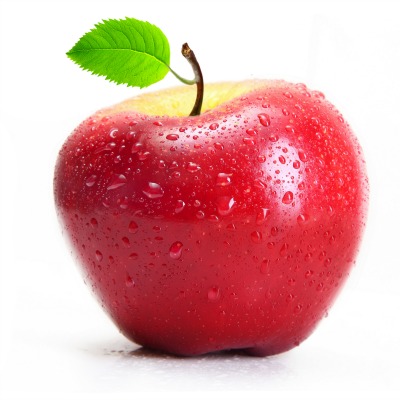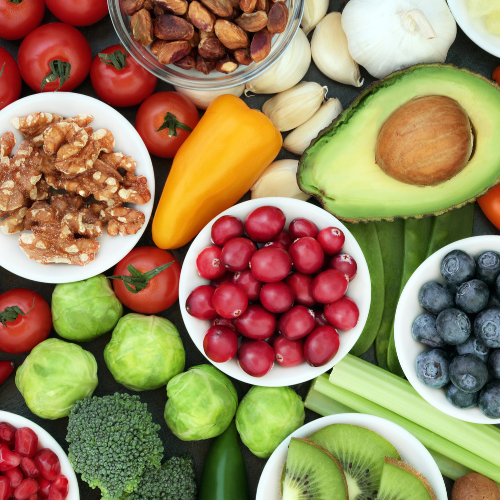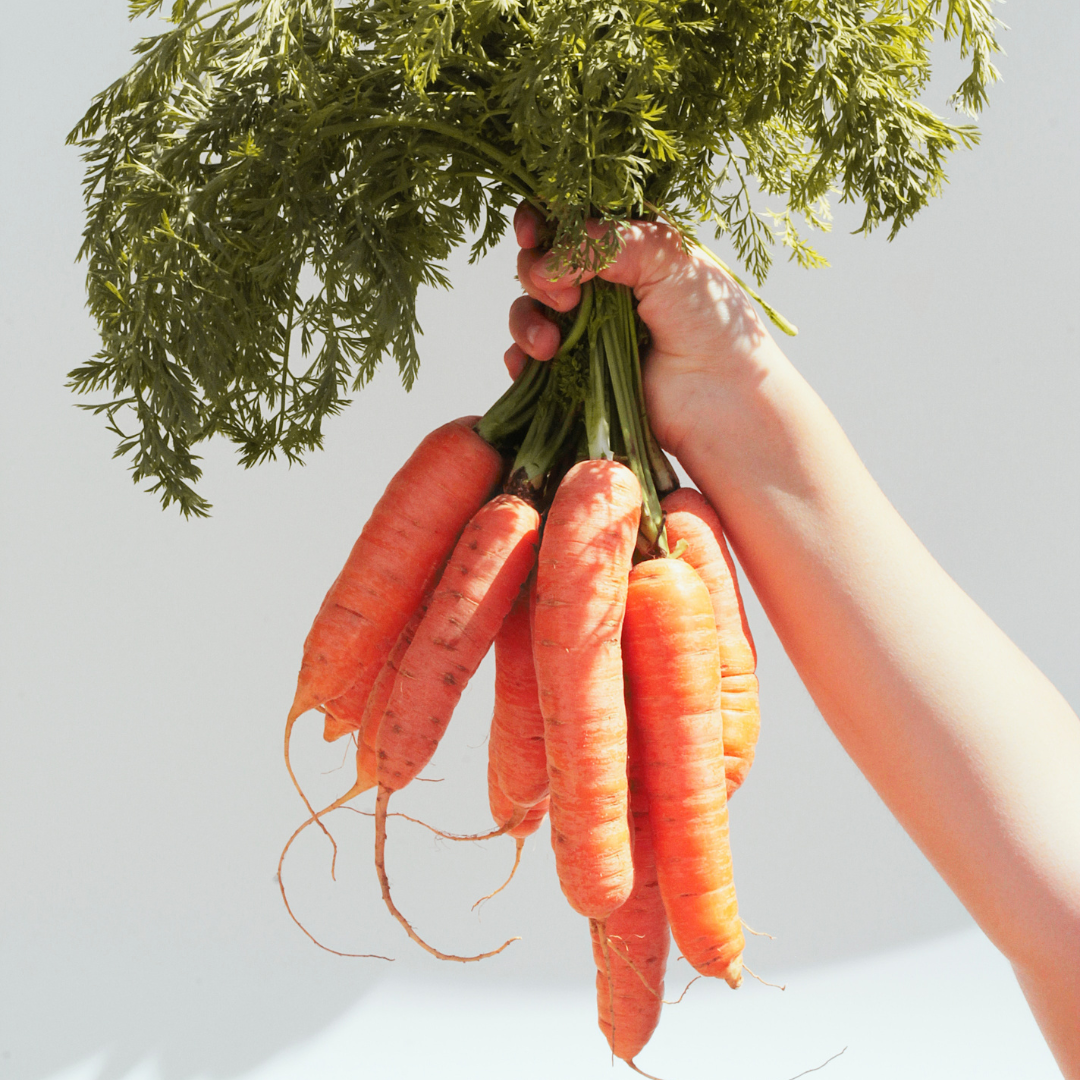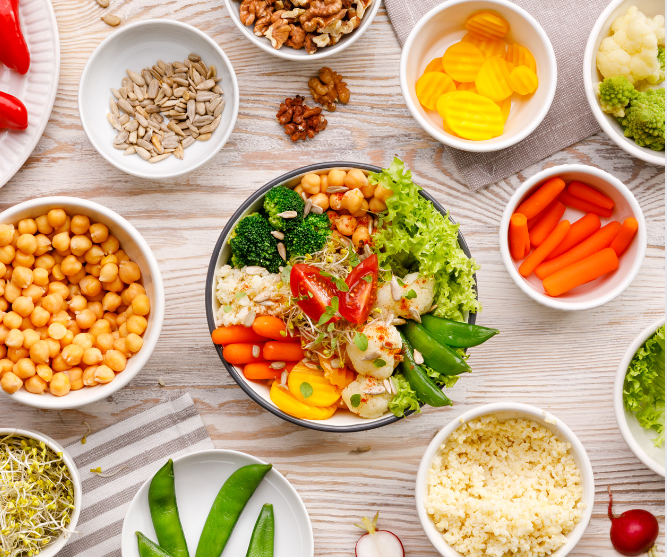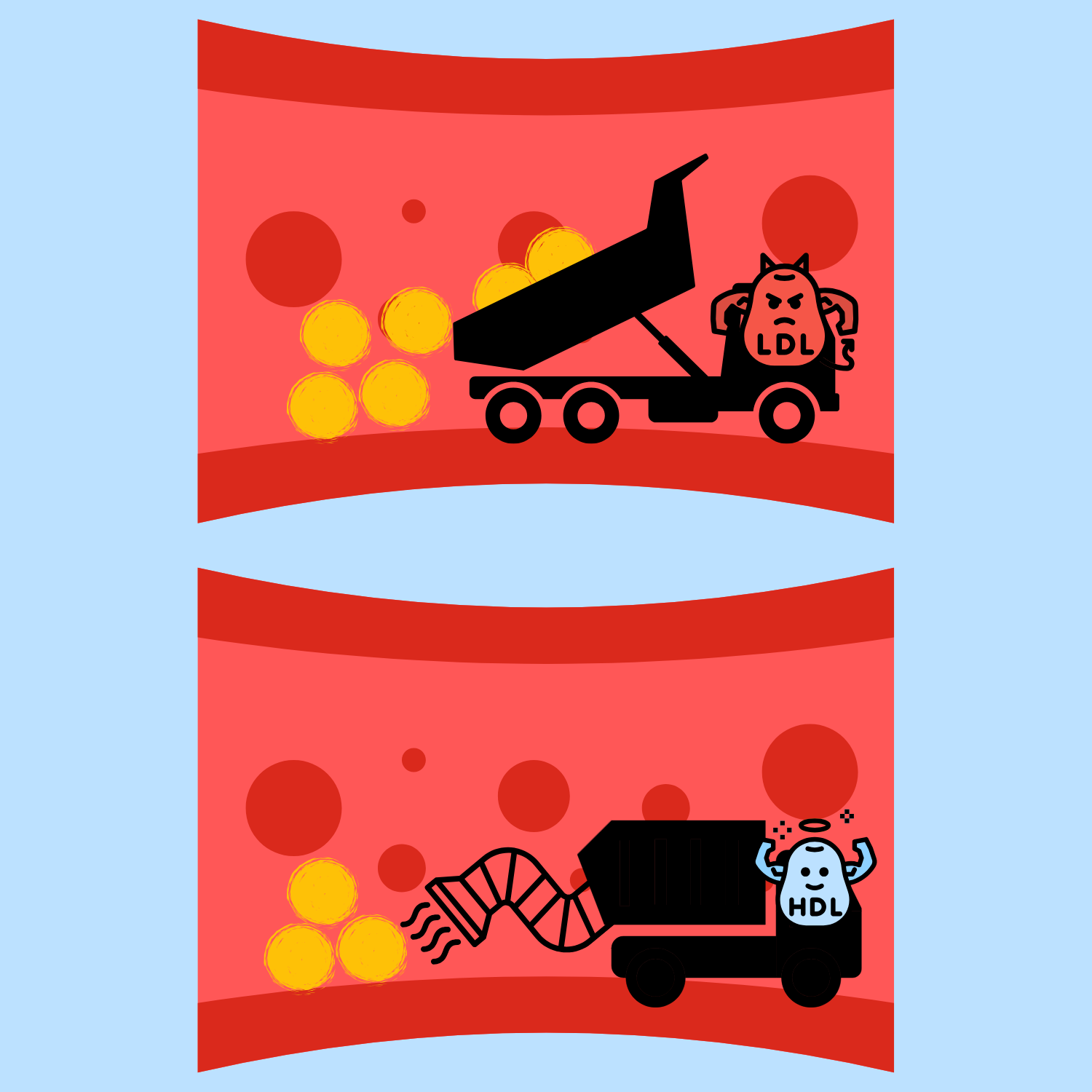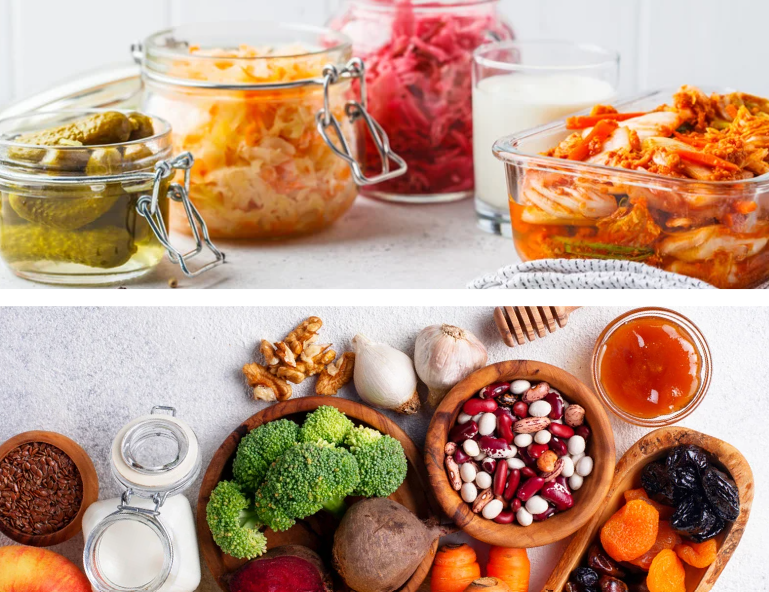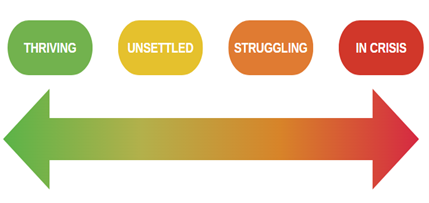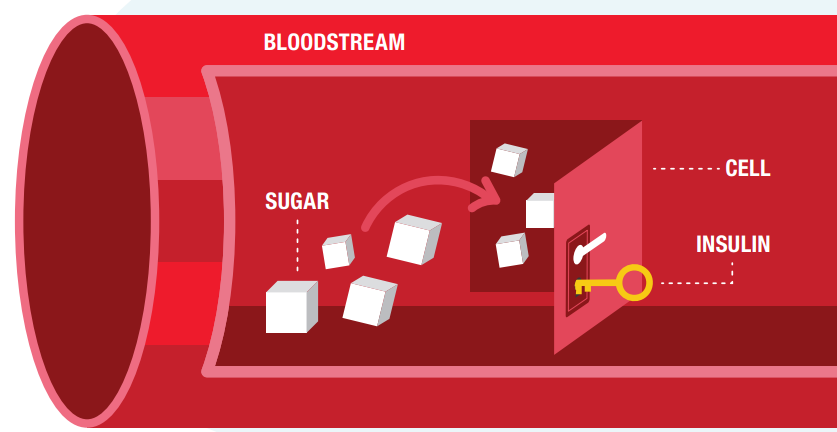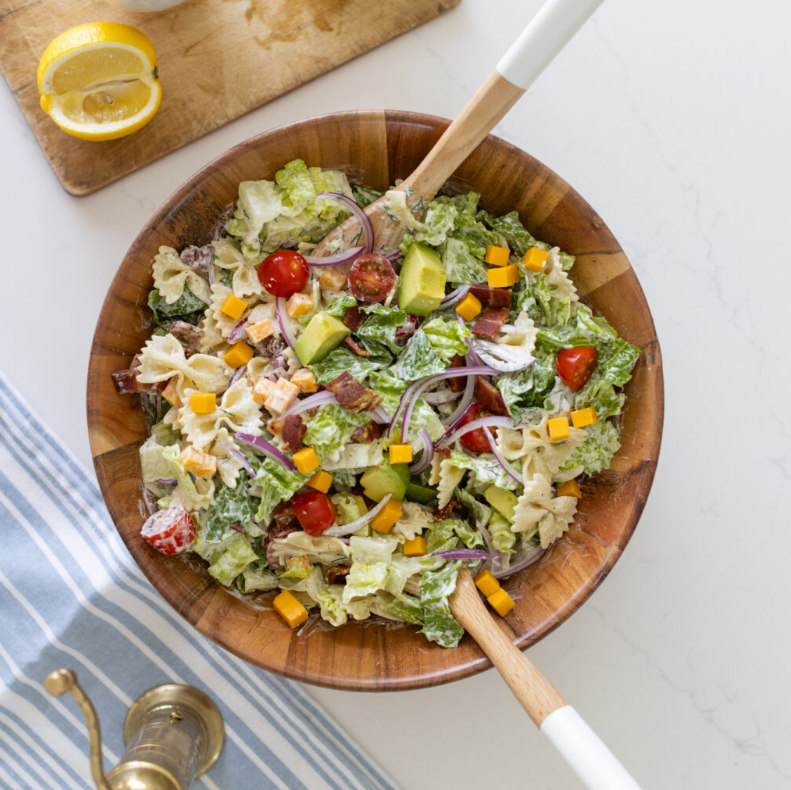

Does this story sound familiar to you?
Your fridge is mostly condiments. There is not a fresh vegetable in sight. Your grumbling stomach is not happy with the dinner options - it is time to go shopping. You run to the store and grab items that will satisfy the ache in your stomach. You look at your cart and are unconfident that you have enough meals for the week, but you are out of ideas. You call it a day and head home.
If you relate, then you might find yourself reaching for ready-made meals and take out more often than you would like. To eat healthier, the first step is to have a supply of nutritious foods to fuel your week. Today, find ways to help you get there.
The key to healthy food shopping: The List
A good grocery list prevents many of the pitfalls of unhealthy grocery shopping. Making a shopping list may feel like the last thing you want to do during a busy week, but if done well, a list will save you time, money, and health in the long run. Here are some tips on how to choose the best foods for your list.
-
Focus on buying balanced meals and snacks that use whole foods. If you are looking for how to start making healthy meals, a good tool is Canada’s Food Guide Plate. The recommendations involve making half your plate vegetables and fruits, one-quarter whole grain foods, and one-quarter protein foods. You should also choose plant-based protein more often (read the “Vegan and Vegetarian Protein” article on magnawellness.com for more information).
-
Limit highly processed foods and drinks. The products you want to avoid typically add extra sodium, sugars, and saturated fats. They include items like sugary drinks, baked sweets, candy, sweetened cereals, ready-to-heat meals, deep-fried foods, and more. Not all processed foods are unhealthy, like canned produce, but it is important to rely on mostly whole foods. Check the nutrition facts when you are buying a processed item.
-
Consider adding some frozen or canned fruits and vegetables. Fresh produce is great, but frozen may be a better option for some foods if you are worried about food waste or overspending. It will also help you have whole foods on hand when your fresh groceries are running low.
- Check the first ingredient on bread and grain products. To determine the best grain option for your health, the first ingredient should be listed as “whole grain” rather than “enriched flour” or “multigrain.” Whole grains are an essential part of a healthy diet.
Grocery shopping is not only about what you plan on buying – it is also about how you shop. The following questions will help point out where your shopping habits might be causing some less healthy food choices.
3 questions to ask yourself about your shopping habits.
1. Do I check the food labels? If you do not know what is in your food, it is impossible to make healthy choices consistently. You might be surprised to find that one of your favourite foods is loaded with saturated fat, sodium, or sugar. If you do not know how to read nutrition facts, do some research and find out how!
2. Where do I spend my time in the store? The inside aisles are usually where grocery stores stock their highly processed items like salty and sugary snacks or drinks. Try to first shop in the outer sections where fruits, vegetables, healthy proteins, and dairy are kept. Near the end, enter the inner aisles with your list in hand to grab the items you would need from the aisles like grains, canned items, spices, and oils.
3. Am I being lured by marketing? Grocery stores and food companies know how to make items look appealing. Consider whether your shopping habits are being influenced by free samples, promotions, and colourful packaging. Items that are presented to you at the ends of aisles and at the check-out are usually more expensive and less healthy, so do not fall for this sneaky trick.
If you are looking for how to make the habit of creating your grocery list quick, easy, and cost-effective – tune into our article next week on budget-friendly grocery shopping. If you keep these tips and questions in mind, you can boost the health of your next grocery trip.
Writer: Summer Clarke, Health Promotion Coordinator








































